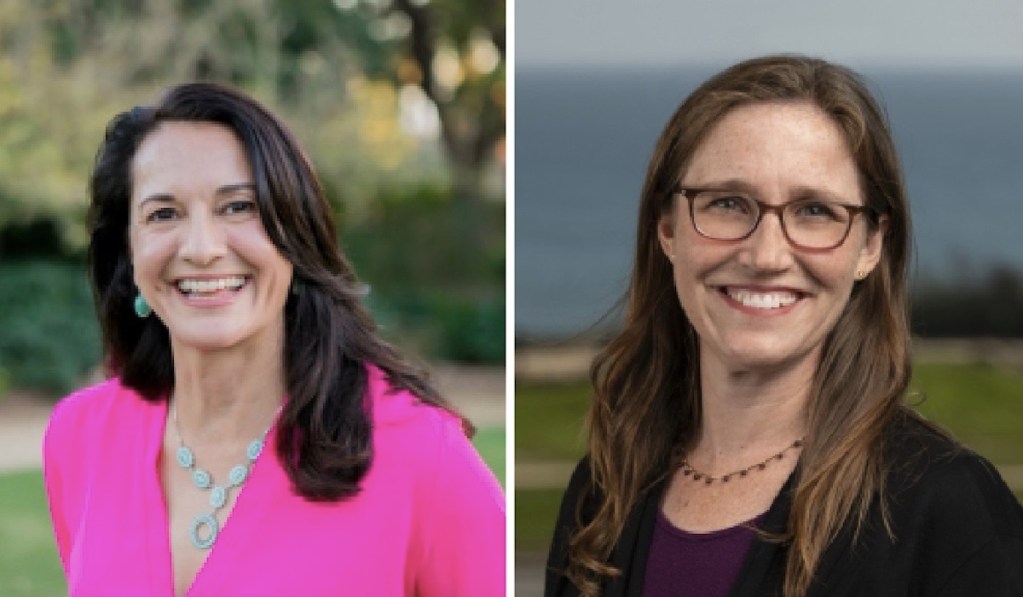Would more Latinx students graduate with a STEM degree if the coursework was made to feel more personal to them? This was a question Professor Dolores Inés Casillas began to look into when she felt the palpable enthusiasm with which Latinx science, technology, engineering, and math (STEM) majors took her survey course on Chicana and Chicano culture at UC Santa Barbara.
Casillas developed an interdisciplinary program called the Center for Equitable Environmental Sciences to focus on social and environmental justice. She didn’t work alone — Sarah Anderson, the dean of Diversity, Equity, and Inclusion at UCSB’s Bren School of Environmental Science & Management joined her, alongside David Pellow, who heads the school’s Environmental Studies department, and physicist Pierre Wiltzius, who holds the chair of the Susan and Bruce Worster Dean of Science.
The new group recently received a $3 million National Science Foundation award, which came as the school also received a $1 million grant awarded from the U.S. Department of Agriculture. Both grants targeted institutions that serve a student body with 25 percent or more Hispanic or Latinx student enrollment, or a Hispanic Serving Institution (HSI), a title UCSB received in 2015.
According to Casillas and Anderson, the center, which will be housed in UCSB’s Chicano Studies Institute, is expected to train up to 1,000 students annually. Among the offerings will be mentorships and internships for students, and for faculty, a new environment and society career track program and professional development program at UCSB and community partner Santa Barbara City College.
Sign up for Indy Today to receive fresh news from Independent.com, in your inbox, every morning.
When it comes to students of color, Casillas said in a UCSB Current article, STEM is “often pitched in a way that is not compelling to them.” For instance, Ebony McGee of Vanderbilt University found greater success in connecting students of color to STEM careers by talking about justice in the community instead of simply touting the financial benefits, she said.
“Research repeatedly demonstrates that students of color and low-income students feel a sense of cultural isolation within STEM classes,” wrote Casillas in an email statement to the Independent. She explained that students respond more favorably to “STEM degrees and careers when pitched as community-based endeavors.” As well, “College degrees are familial investments and pursuits,” Casillas said.
A number of scholars will work with the University of Arizona (UA), with which UCSB partners on the USDA grant. The grant, which focuses on sustainable farming, will fund the Equitable Agriculture and Environmental Management program, which will train and support 35 chosen underrepresented students — including undergrads, graduate students, and PhD candidates — in “agricultural issues, quantitative research methods, and career skills using the lens of social justice and equity,” according to a summary of the program provided by Professor Sarah Anderson.
“Agriculture and food are intertwined in social justice issues and that requires diversity in leaders,” Anderson told the Current. “Marginalized communities also struggle with food insecurity, and that’s the jumping-off point to expand into agriculture.”
That grant will include summer programs and student exchanges with U of Arizona and will provide stipends, Graduate Record Exam (GRE) training, and other support for those pursuing graduate degrees.
Support the Santa Barbara Independent through a long-term or a single contribution.

